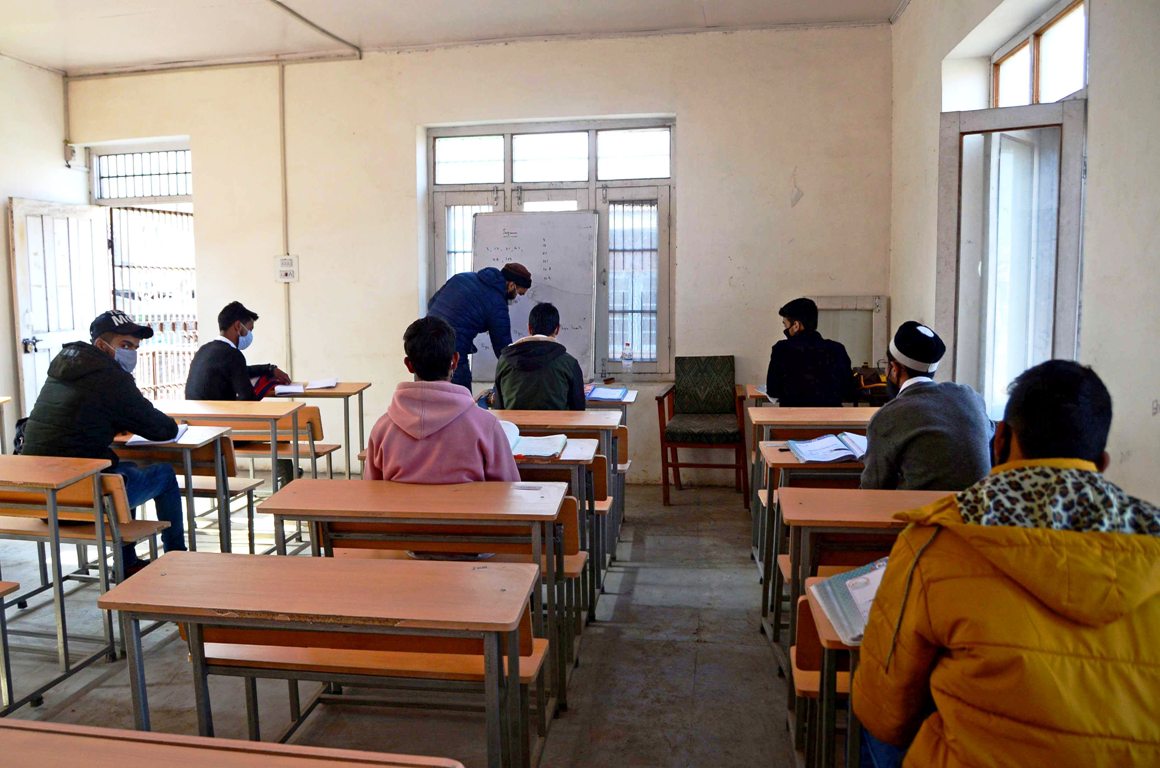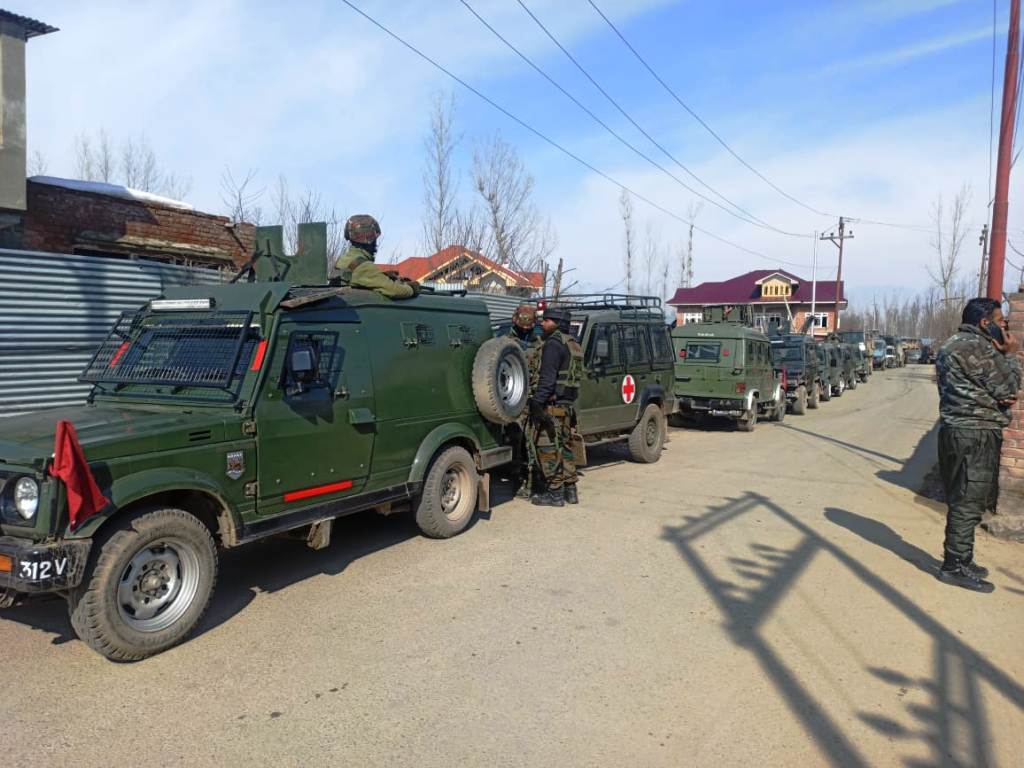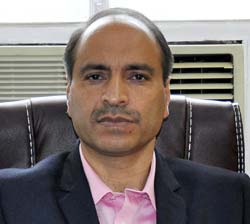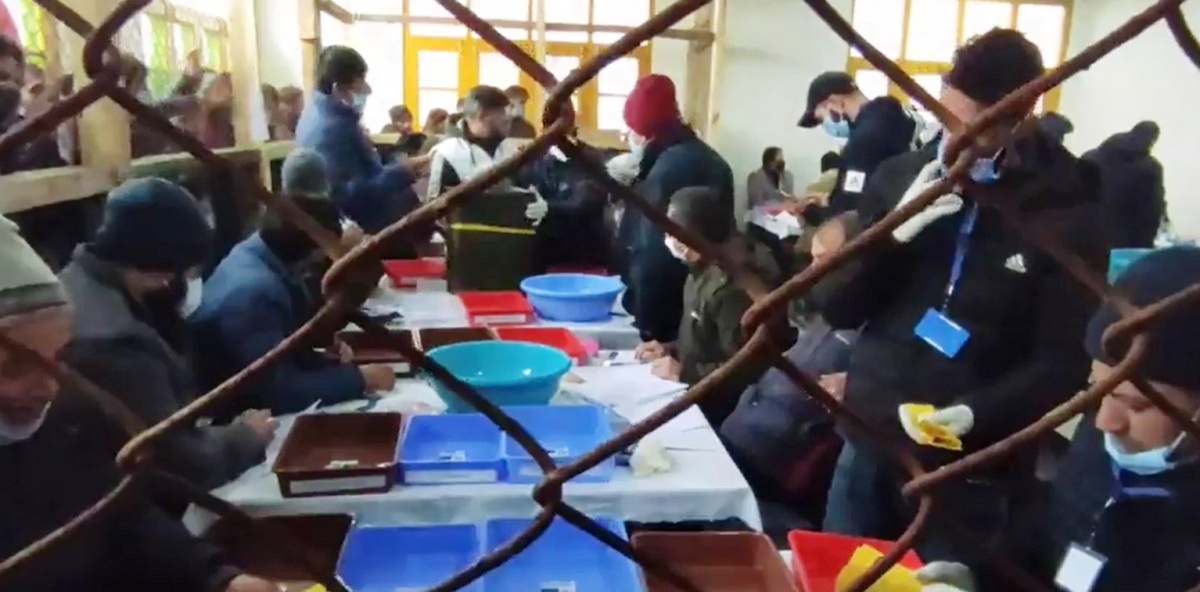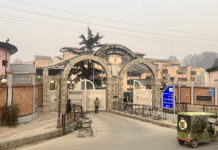KL Report
JAMMU
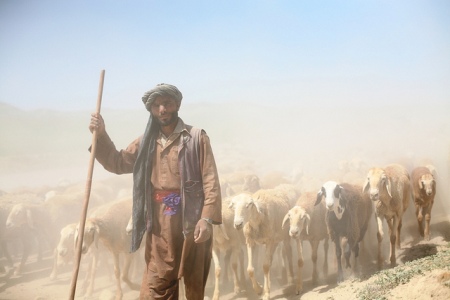 With the rise in daily temperature, Gujjars and Bakerwals have begun their bi-annual seasonal migration to the upper reaches of Shivalik, Perpanchal and Trikuta Hills of the Himalayas a few days ahead of their routine schedule.
With the rise in daily temperature, Gujjars and Bakerwals have begun their bi-annual seasonal migration to the upper reaches of Shivalik, Perpanchal and Trikuta Hills of the Himalayas a few days ahead of their routine schedule.
A handout by the Tribal Research And Cultural Foundation, an organisation working for the Gujjars, has impressed upon various organisations working for tribals in the state to mobilise resources for providing necessary logistics to migratory tribes.
Dr. Javaid Rahi Secretary of the foundation said that the main migration routes, including Jamiya Gali, Gora Batta, Nanansar, Ropadi Dharhal Pass , Mughal Road and others, were badly damaged due to heavy snowfall last winter and were in need of urgent repairs. The foundation had appealed to the relevant agencies to undertake early repairs to these traditional routes.
While interacting with migratory nomads, Rahi informed that the matter regarding restoration of all restricted pasture and dhoks located near Indo-Pak border and in Ladakh areas of Jammu and Kashmir to Gujjar and Bakerwals was taken with the Defence Ministry . “We have written a letter to Defense Minister of India A K Antony, through Tribal Research and Cultural Foundation and pleaded to revoke all orders restricting nomads to migrate seasonally in the state” said Dr. Rahi and added that we urged for free movement of all migratory communities to the areas belongs to them since centuries’ .
“In view of firing on Indo-Pak border and militancy, the armed forces in J&K had restricted the entry of Gujjars Bakerwals in few Dhoks and Pastures located near border in district like Poonch, Rajouri, Jammu, Kathua, Baramulla, Kupwara, Bandipora, Jammu , Kathua , Kargil and Leh Districts.
All such order needs immediate revocation as the Gujjars and Bakerwals suffered a great loss to their lifestyle, economy and tribal culture.” Said TRCF’s letter.
The letter further reads, “Since November 25, 2003 when ceasefire come into force between India and Pakistan the tension has been reduced and now this is the right time to allow Tribals to move freely in their traditional areas located in Ladakh and on International border.”
“We have also sent a list of dhoks, pasture and areas restricted for nomads to Defence Minister with a copy to Northern Command,” said Dr. Rahi.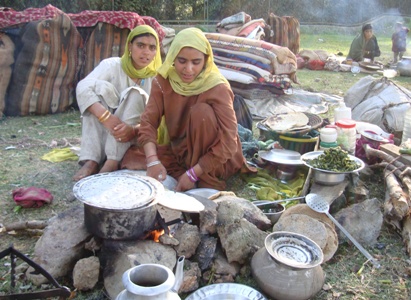
“Due to restriction in Tribal movement in several areas the Gujjars–Bakerwals are facing extreme adversities, toughest lifestyle, lack economic freedom owing to deficiency of resources so they (Tribals) deserve special attentions of state and Central governments,” the letter reads.
Pertinent to mention that Gujjars constitute more than 20 per cent population of the state and a sizeable population of the tribe, along with their livestock, undertake migration.




